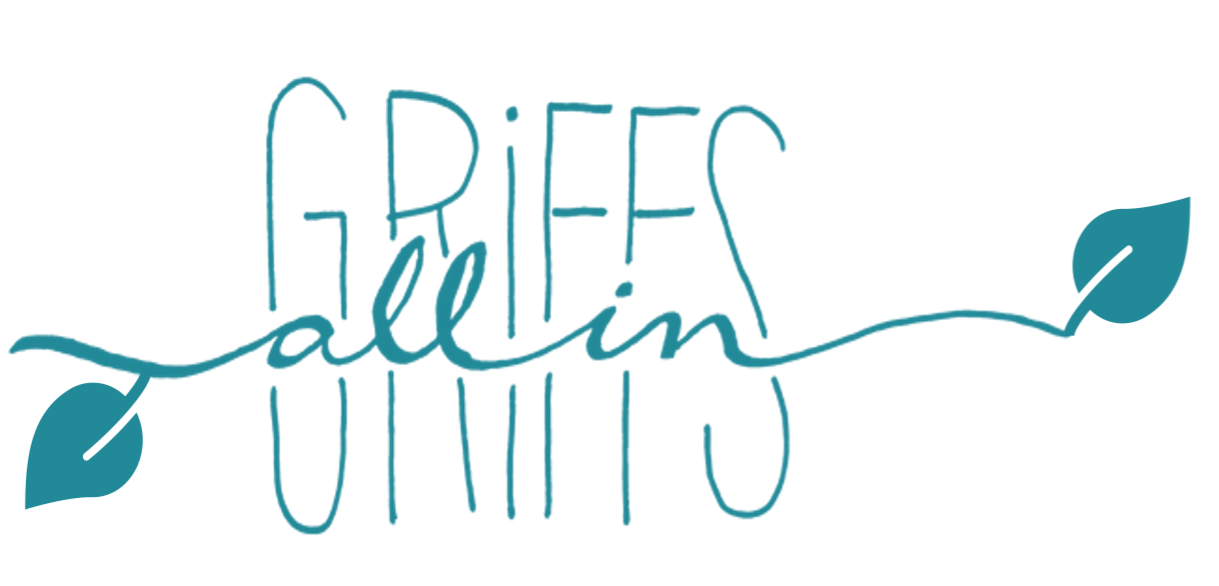Gatekeepers
How Do We Know?
“I know it’s the right thing to do… but something just feels off.”
Have you ever heard those words, maybe even from your own mouth? It’s as though we have multiple ways of interpreting the world around us and they’re not always seeing the same data. We feel it as an inner tension. Sometimes we default to our preferred ways of choosing; other times we get stuck. In situations like these, how do we know and make wise decisions?
I (Jonny) faced this in the summer. We were suddenly presented with an opportunity far beyond our means. Despite the insanity of this last year, I couldn’t shake the gut-level sense I should explore the options. My reasonable thoughts were trumped by another mode of discernment. (I’ll soon be communicating about a very exciting project that will have direct benefit for the people we serve, and ways you can partner with us.)
But today I want to share some recent learning on explicit knowledge and implicit knowledge and why we need both.
Todd Hall, author of The Connected Life: The Art and Science of Relational Spirituality (2022, IVP), explains them this way:
Explicit Knowledge - Linear, logical and language based; “knowing that”
Implicit Knowledge - nonlinear, holistic, non-verbal, emotions based; “knowing how”
Hall writes that “implicit relational knowledge is the foundational way of knowing in relationship” (p.53) which presents real problems if we operate in a world suspicious of emotions. I can’t tell you the amount of times I’ve heard people tell me that it’s sinful to listen to our emotions, or that our emotions cannot be trusted. The implications seem to be:
Our emotions are totally depraved, and will only lead us into bad decision making
Our thoughts are safe, trustworthy and reliable
Said this starkly I think most people would reject the rigid divide. Yet many still live on one side of the chasm, missing out on a vital, God-given form of knowing that is essential to the formation and continuation of healthy relationships - with people and with God. Human emotions and thoughts are both limited, both part of our created design, both fallible and beautiful. We need both, and neither can be ultimate.
The Healing Power of Story-telling
I was struck by the following from chapter 5 of Hall’s book:
“Emotions are the basis of the implicit knowledge of relating in a healthy and loving way. Emotions are also inherently evaluative; they identify the subjective meaning of an event to us.” (p.60)
In other words, emotions reveal what we really think and believe about people and events. Emotions keep us honest (though that doesn’t necessarily mean correct - more later) which is essential to healthy relationships. Hall continues:
“In real life, the meaning of our experiences doesn’t make itself known in real time. Aristotle observed this in his study of story. Why, he asked, do we react to an event in real life one way, but when we encounter the same event in story, we react another way? The reason is that in life, ideas and their emotional meaning emerge separately.” (p.64)
This is why telling our stories in a safe, compassionate space is such a powerful, healing and transformative practice. We offer this professionally to our workers through the skill of debriefing, but it also happens in everyday settings over tea and cake as we show up, slow down and listen.
When we do that, we honor both explicit and implicit knowledge to build strong relationships - with each other and with God.
A cross-cultural worker who gets to tell the whole truth revisits events in ways that engage full-person knowing. In the moment of navigating a crisis, the brain, body and heart do incredible things to focus us and get us into safety. But a lot can get left in the shadows, unnoticed and unprocessed, and therefore unresolved. Debriefing allows people to revisit the moment post-crisis and thereby experience it differently. This opens up all kinds of new insights, and provides a context for neurological and emotional healing, both of which have been shown to take place by the simple act of telling our stories.
A Better Way to Know
Let me be clear - I don’t believe our emotions should be blindly followed. Feelings, just like thoughts, are subjective. They are based on our personal and communal experiences, insights, and beliefs. The trick is to pay attention to your thoughts and feelings and interrogate them so that you can gain insight for living.
Hall’s work describes emotions as “gatekeepers to decision making”. I really like this imagery. Our feelings do not make decisions for us. We make decisions, but those decisions are always informed by how we feel and what we think.
When we fail to question these inner guardians, we live by autopilot. We do whatever seems right to us. And it can be a real problem that sometimes we are correct - our self-confidence and self-reliance are bolstered, reinforcing this pattern of behavior. As they say, a stopped clock is always right twice a day.
When we first start learning to navigate a place, an up-to-date GPS is really helpful. Over time we integrate the explicit knowledge of maps and directions with the implicit knowledge of being a local. We take a different route because of a hunch that the railroad crossing is blocked. We detour from our normal roads and “just happen” to avoid a wreck, or we find that bakery we keep hearing about. This is the argument I’m making - we aren’t in an either/or situation. We are both/and beings, and our systems of knowing can (and should) be integrated. This is what takes us from a lucky guess to wise and consistent decision making.
Naming what you think and how you feel is where to start. Even if your emotional and rational data is skewed, there are discoveries to be made by asking some reflective questions, such as:
What is this situation reminding me of?
When else do I feel this way?
What might my emotions be trying to protect or provide for me?
How does God feel about the way I’m feeling right now?
How confident am I about the facts?
What other information do I need?
As followers of Jesus, we aren’t left to our own devices. We can take the content of our inquiries and hold them in the light of God’s loving gaze. We can ask for wisdom, discernment, and guidance. We can do this with other people. We can invite the Holy Spirit to lead the way.
Once we start bringing the fullness of our knowing, into the fullness of community, under the fullness of the Godhead, our previous narrow and unquestioned ways of knowing look like an outdated GPS system. It worked, sort of, a while back. Now it’s more of a liability.
We spend our days facilitating care for cross-cultural workers. We make space for people to connect, to learn, to grow in every God-given facet for their long-term wellbeing and the fulfillment of the Great Commission. We can do this because a network of financial and prayer partners invest in this work.



